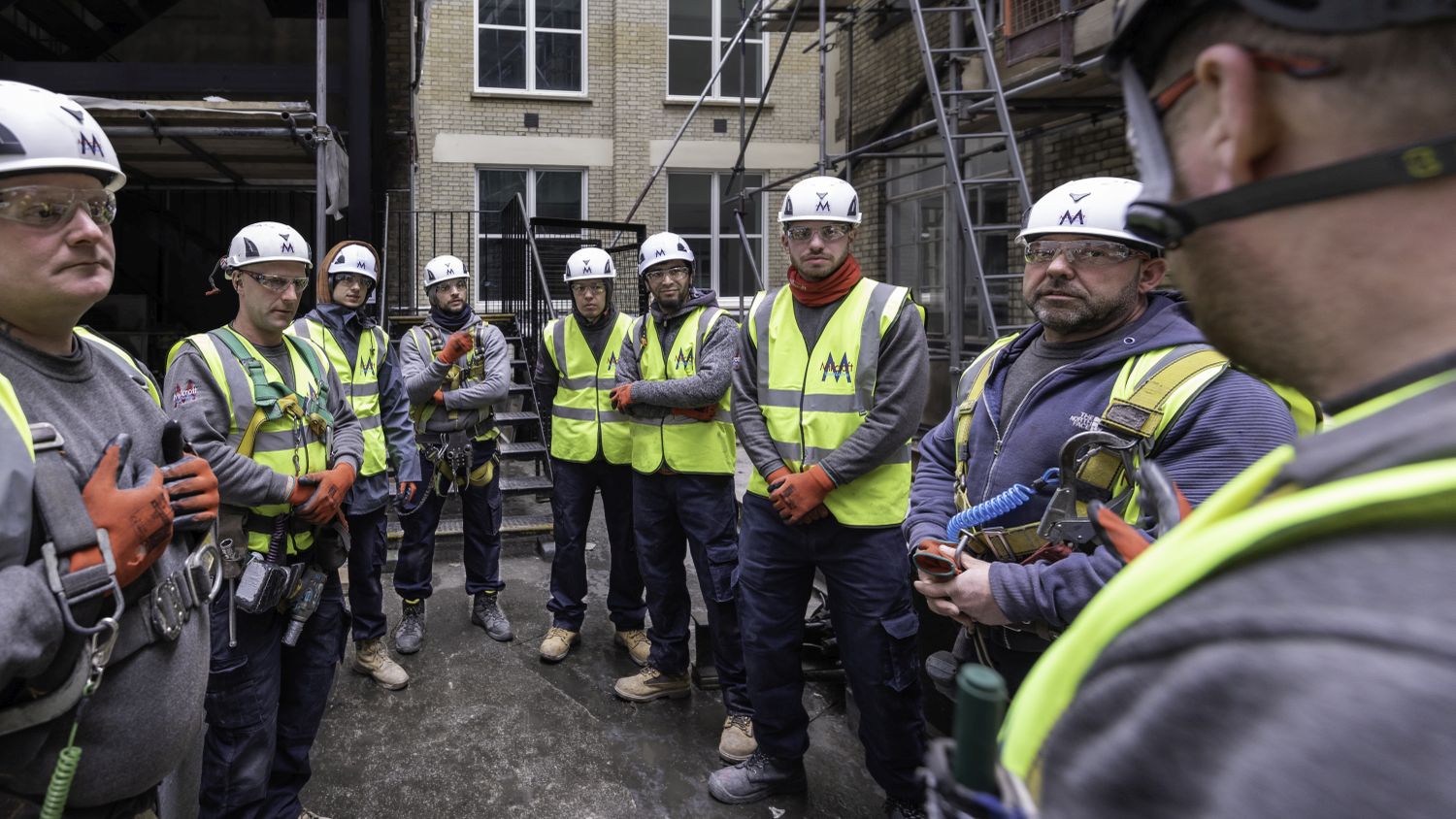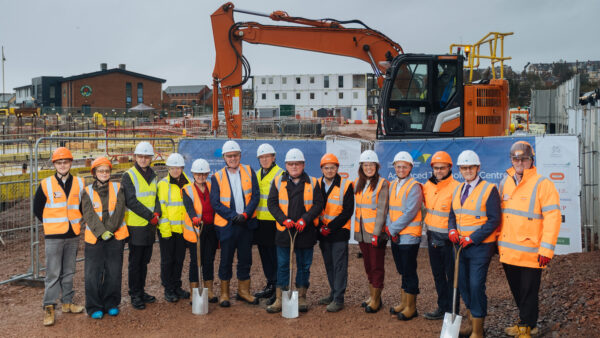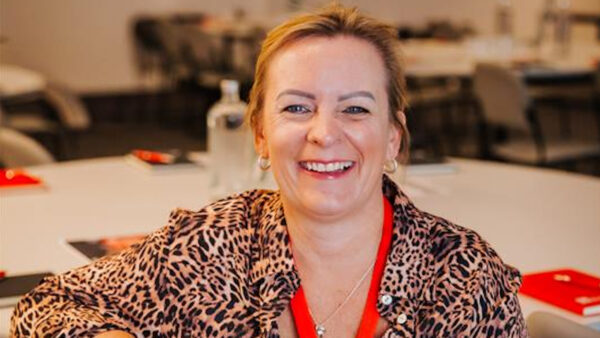
Almost half (47%) of construction workers in the UK say they feel loneliness in the workplace – and 79% think that having the opportunity to talk to colleagues during breaks could prevent that.
The findings are from a study commissioned by Nescafé as part of the Make Chat Work campaign. It is an initiative by the coffee corporation in collaboration with the Federation of Master Builders (FMB), the Construction Industry Council (CIC) and the Federation of Small Businesses to help businesses foster wellbeing in the workplace.
It is based on responses from 350 construction workers and tradespeople working in UK SMEs.
Register for free or sign in to continue reading
This is not a paywall. Registration allows us to enhance your experience across Construction Management and ensure we deliver you quality editorial content.
Registering also means you can manage your own CPDs, comments, newsletter sign-ups and privacy settings.











